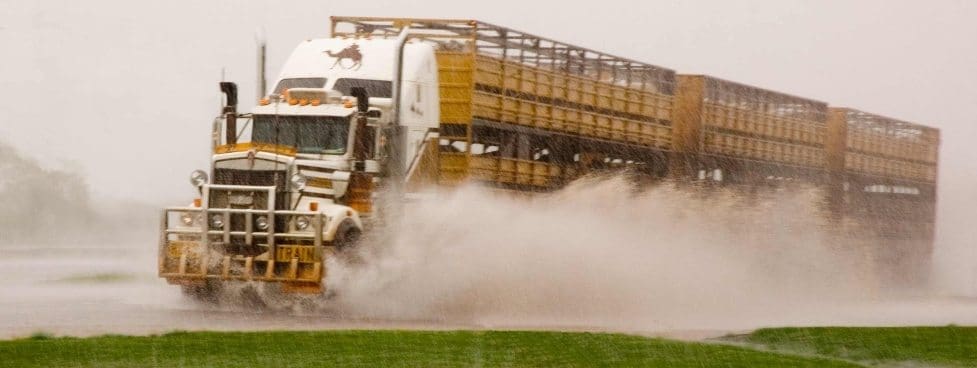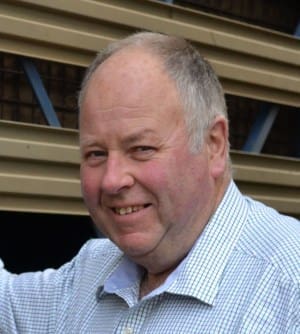
CONCERNS about the potential for livestock effluent to spill from trucks onto city streets, traffic and pedestrians have again created headlines after a Melbourne City councillor called for cattle and sheep trucks to be banned from using a key arterial road in the city.
“Anyone who lives or works in Southbank knows the smell, the noise, the manure and effluent on the road from cattle trucks, it’s a terrible advertisement for Melbourne”, Councillor Nicholas Reece told a business lunch last week, according to a report in the The Herald Sun newspaper.
“What would a tourist to Melbourne think if cattle effluent spilled on them as they walked along City Road?” Cr Reece was quoted as telling the lunch.
Livestock transporters carrying cattle and sheep to abattoirs on the outskirts of Melbourne say they have little choice but to use City Road because over height restrictions in tunnels prevent them from using alternative arterial roads in the city.
Cr Reece said that allowing “animal-laden heavy vehicles” to operate in a busy business, residential and tourist centre was not suitable.
Transporters quoted in the Herald Sun article said the councillor’s comments were an example of the city council’s ‘insular approach to transport’, contradicted VicRoads livestock transport advice and showed a disregard for animal welfare.
The Herald Sun quoted statistics indicating that City Rd at Southbank has been an approved oversized agricultural vehicle route since 2000, and carries an average of 1430 heavy vehicles every day.
“A bad look” for industry
In comments to Beef Central, Victorian livestock transporter John Beer agreed that livestock effluent spills were “a bad look” for the industry.
He said truck drivers had been caught in the middle of the issue: “We have the effluent and the effluent doesn’t belong to us,” he said.
Where they could, he said, most drivers sought to empty effluent tanks before entering city areas, such as on roadsides, but that also earned the ire of local councils under environmental protection laws.
The creation of purpose-built livestock effluent dumps on roadsides would solve part of the problem, but, ultimately, better education around the need for adequate curfews prior to transport was needed.
Most problems with effluent involved transporting livestock directly from farms, he said. Cattle and sheep transported from saleyards were generally curfewed adequately.
He said feedlots in particular had a tendency to “use the truck as an effluent dump”.
In 2019 the industry needed to have a better system of carting cattle to feedlots.
“We need curfews and better education,” he said
The Australian Livestock and Rural Transporters Association recently met in Melbourne to review a draft of an effluent management code being developed from whole of supply chain stakeholder feedback.
The ALRTA says it expects a final version of the code will be released later this year, which will be designed to will assist parties in the livestock supply chain by advising of risks and potential controls for managing effluent.


It is unsafe all round, slippery roads, when it rains sludge flies all over cars behind. It’s not good enough. The carriers are not cleaned out regularly or properly……I don’t care what you say I’ve seen it. Worked in the industry.
Good morning, we can remind the councillor that many countries of Europe, Middle East have cattle sheep goats stabled under or near the house, Turkey in particular. many countries including China, Korea, Vietnam, Laos and many more house or stable livestock close to where they live. Mr Beer [no relation] if you are born in the Northern Territory the last thing you need is another compulsory fast. Thank you.
Melbourne residents are happy to drive everywhere rather than opt for clean transport, litter our beaches and waste food but spit the dummy over some poo and wee. Who is actually complaining? Have tourists been interviewed? Where is the data? Perhaps tourists will be better informed about the importance of our pastoral industry with a wiff of the natural process.